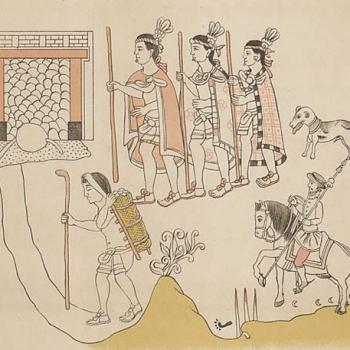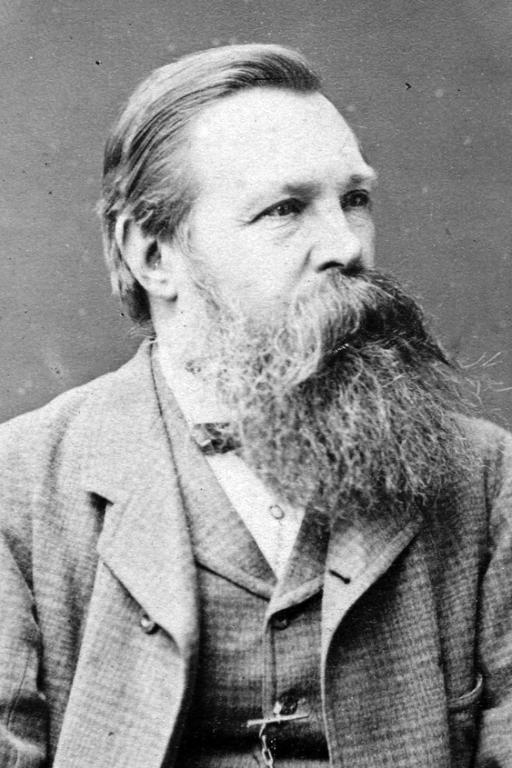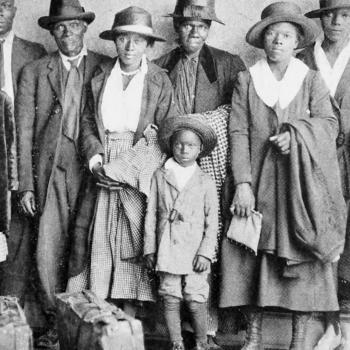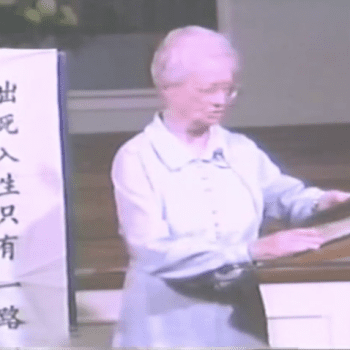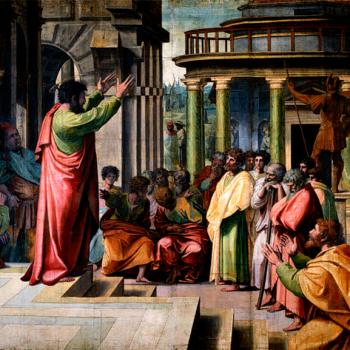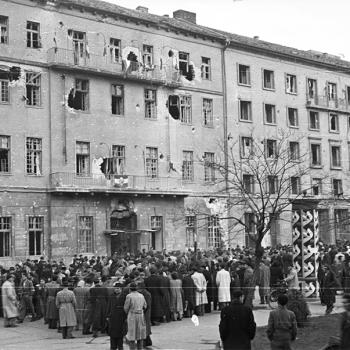It keeps cropping up in my classes. Perhaps we’re studying about reported Aztec visions of the arrival of “white men” in the Western Hemisphere. “Do you think this really happened, Professor Diller?” someone is bound to ask. And then we stop to have the conversation about miracles—a conversation it seems I have almost every semester in all my courses. Just this week, in my class on the Mediterranean world 600-1600, a student wanted to know if I thought Muhammad was... Read more


